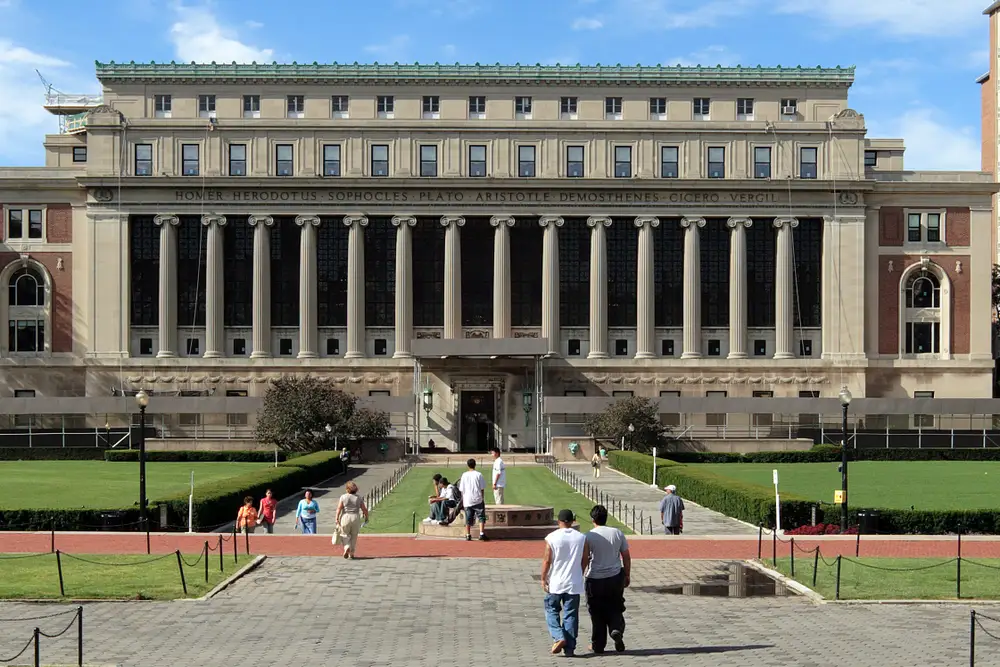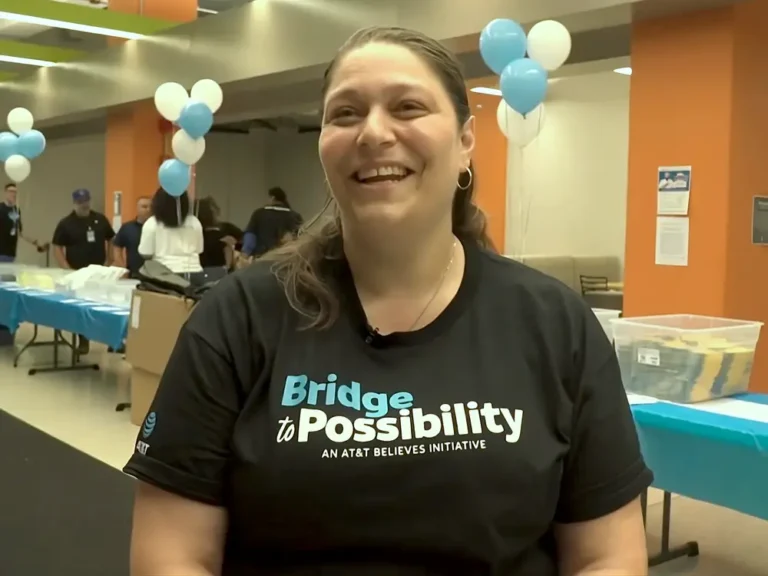I went to an Ivy League college. The education alone wasn’t worth the price tag, but the special privileges I now have are priceless.

The author went to Columbia University for graduate school.
Growing up in Mexico allowed me to experience American culture in a unique way. I could choose exactly which facets to experience. For me, there was nothing quite like attending a US college.
I did some research and discovered the prestigious group of universities known as the Ivy League schools: some of the oldest and most renowned educational institutions around the globe. I was sold. But I also discovered the high cost of attending one of these schools. Pursuing an undergraduate degree was not financially feasible.
I completed my undergraduate studies in Mexico and postponed my US college experience for graduate school. When the time came, I applied to a master’s program at Columbia University, was admitted, and took out a substantial loan (and a big leap of faith).
Now that it’s over, I can’t help but wonder: Was the price worth it? Yes, but not for the reasons you might think.
The academic aspect: Courses and professors
One of the reasons people choose to attend an Ivy League institution is their academic excellence. Since I received the acceptance letter, the university has not missed an opportunity to inform me about its distinguished faculty and cutting-edge classes. And they were not wrong.
I was surprised by the professors’ extensive résumés and the variety of teaching methods they used, but I wasn’t incredibly impressed. Compared to my undergrad education in Mexico, I don’t feel that my Ivy League professors’ skills fully justified paying three times as much in tuition.
It depends on your specialization, but we can’t pretend that in a globalized world, the best classes are exclusively found at a dozen universities in the US. I’m not saying there isn’t any added value, but I’m certain that professors from reputable universities around the world can provide a similar educational experience.
The extracurricular aspect: Campus and activities
An important part of the Ivy League experience is what’s offered outside the classroom. The term “Ivy League” originates from the college-football division.
You might think my opinion is biased because I did my master’s degree in 2021 during the COVID-19 pandemic — and you wouldn’t be entirely wrong. We missed out on many activities, conferences, and trips.
But were there any events or things the university could have organized to make this experience worth the thousands of dollars paid? The answer was no. There wasn’t a match, concert, or symposium that could justify the debt I was in.
If the academic and extracurricular aspects didn’t make it for me, what did?
The professional aspect: Job hunting, impressions, and networking
The value of the Ivy League degree came from what it could do for me outside the university. And, no, I’m not talking about bragging rights; we all have that Harvard friend whose personality only revolves around their college years. I’m talking about everything that comes after you study there.
Did you know most prestigious banks, firms, and companies use universities’ names to filter résumés and that there are exclusive job fairs for Ivy League schools? I went to one of these job fairs, secured a job in London, and when I got there, I found out all my colleagues across the board held an Ivy League degree. There are exceptions, but that’s all they are — exceptions.
People also see you differently. I was once on a date, and that person’s interest suddenly and drastically changed when they found out about my Ivy League degree.
There’s one thing that is guaranteed in your journey through an Ivy League degree: networking. You can be an introvert or an extrovert, but you will meet people from all kinds of backgrounds, all with something in common: ambition.
It depends on your professional goals, but in my opinion, if you’re looking to participate in the rat race, an Ivy League degree is not an extra but a must.





